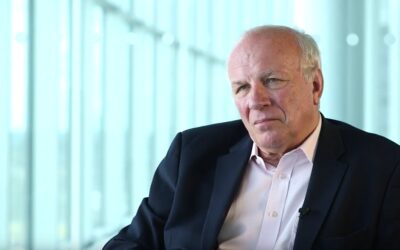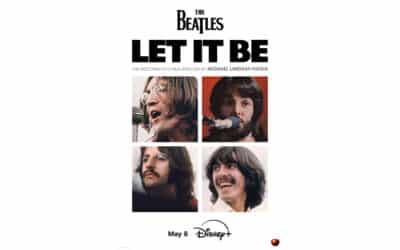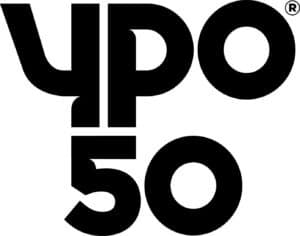The Culture Secretary has published the long-awaited White Paper into the BBC.
In it, he says that the BBC must be more accountable to the public and open up more programming to competition. It comes ahead of the BBC charter renewal at the end of 2016.
10 months in the making, Prolific North revealed last month, that former director general, Greg Dyke, believed that the deal had been done some time ago.
John Whittingdale told the House of Commons, that the framework he was setting out would enable the BBC to:
– focus on high quality, distinctive content which informs, educates and entertains while also serving all audiences;
– enhance its independence whilst also making it much more effective and accountable in its governance and regulation;
– support for the UK’s creative industries central to the BBC’s operations – while at the same time minimising any undue negative market impacts;
- increase the BBC’s efficiency and transparency;
- and support the BBC with a modern, sustainable and fair system of funding.
“Mr Speaker,” he stated. “The BBC’s special public service ethos and funding model allow it to take creative risks, to be innovative, and to produce high quality content. This means more choice for listeners and viewers.
“The BBC delivers a huge number of outstanding programming, including in drama, news and current affairs, sport, science and the arts. Many have received awards, not least at the BAFTAs on Sunday – and they demonstrate that, at its best, the BBC is still the finest broadcaster in the world.
“However, as the BBC Trust itself has recognised, in some areas the BBC needs to be more ambitious, particularly on its more mainstream television, radio and online services. The BBC Director-General has called for a BBC that is “more distinctive than ever – and clearly distinguishable from the market”.
“The Government is emphatically not saying that the BBC should not be popular. Indeed, some of its most distinctive programmes – such as Life on Earth and The Wonders of the Universe and Strictly Come Dancing on TV, or the Newsbeat programme or Jeremy Vine show on Radio 1 and 2 respectively – have very wide audiences because they are so good.”
He added that the commissioning editors should not be thinking of ratings, but instead asking themselves: “is this idea sufficiently innovative and high quality?”
The BBC will be required to give more focus to those from black, Asian and ethnic backgrounds and from the nations and regions.
“For the first time, diversity will be enshrined in the new Charter’s public purposes. This, along with a commitment to serve all audiences in the BBC’s mission, will help hold the BBC to account for delivering for everyone in the UK,” he continued.
As anticipated, the new Charter will disband the BBC Trust and instead create a “unitary board”, which will be responsible for ensuring that the corporation’s “strategy, activity and output are in the public interest and accord to the missions and purposes set out in the Charter.”
Editorial decisions will remain the responsibility of the director general and independence will be “explicitly enshrined in the Charter.”
In response, the BBC director general, Tony Hall said:
“This White Paper delivers a mandate for the strong, creative BBC the public believe in. A BBC that will be good for the creative industries – and most importantly of all, for Britain.
“There has been a big debate about the future of the BBC. Searching questions have been asked about its role and its place in the UK. That’s right and healthy, and I welcome that debate.”
However, he said there were points they didn’t agree with:
“On governance, the White Paper means that for the first time the BBC will be externally regulated by Ofcom but with a unitary board. This is the most significant reform in the BBC’s history. We think that is the right thing to do. Our view of how the new board is appointed to run the BBC differs from that held in government.
“We have an honest disagreement with the Government on this. I do not believe that the appointments proposals for the new unitary board are yet right. We will continue to make the case to government. It is vital for the future of the BBC that its independence is fully preserved.”
Independent Sector
While the BBC allows up to 50% of its content to be competed for by the indie sector, the Government says it intends to remove this entirely, so that everything, apart from news and “related current affairs output” should be available for tender.
“Unless there is clear evidence that it would not provide value for money, all productions will be tendered,” said Whittingdale.
“There will be a phased introduction of this requirement, which will open up hundreds of millions of pounds of production expenditure to competition.
This will not only benefit the creative industries but it is fundamentally a good thing for viewers and listeners, with BBC commissioning editors given greater freedom to pick the most creative ideas and broadcast the highest quality programmes.”
The move has been backed by the Radio Independents Group, who’s managing director, Will Jackson said:
“We are pleased that the Government has agreed that more competition is important in BBC radio commissioning and that they refer specifically to the 60% target agreed by RIG and the BBC”










